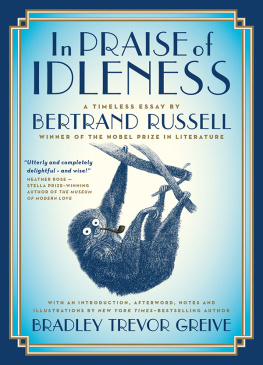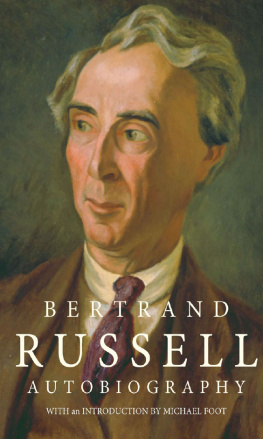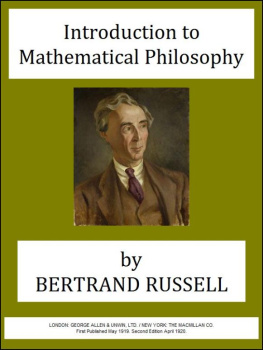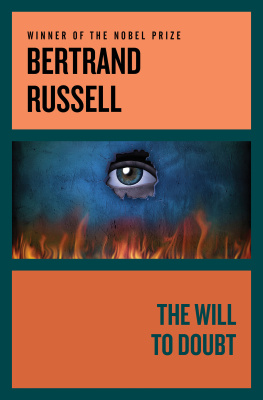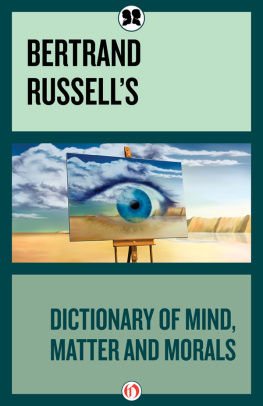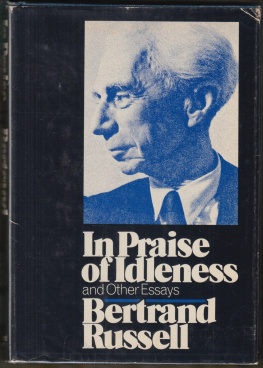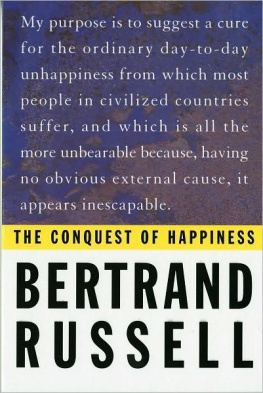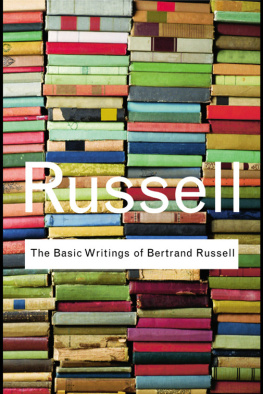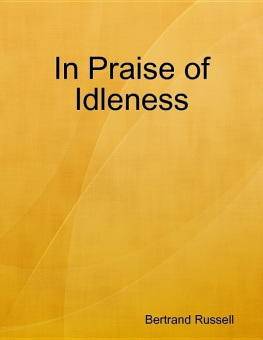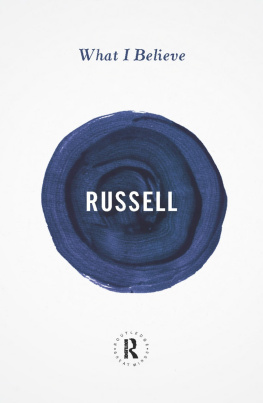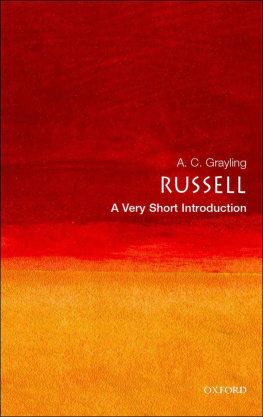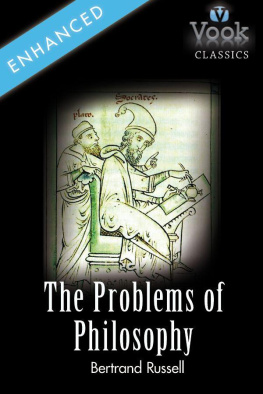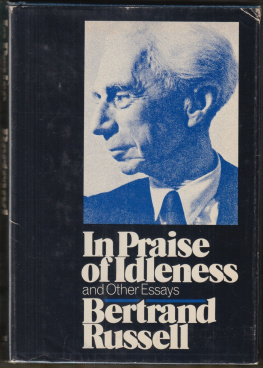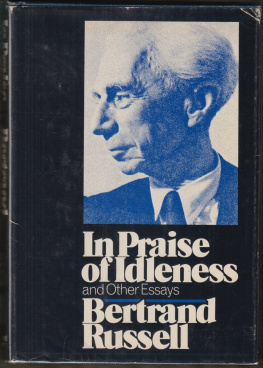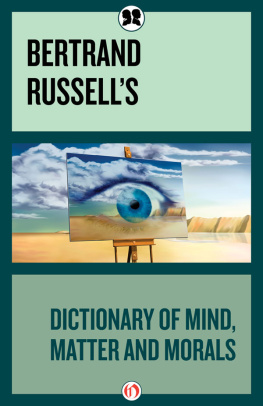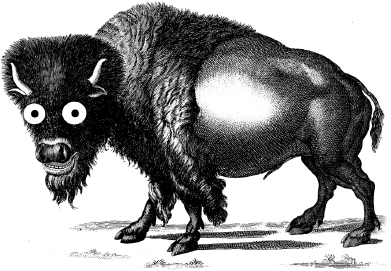
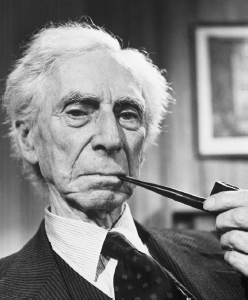
BERTRAND ARTHUR WILLIAM Bertie RUSSELL, 3rd Earl Russell, OM FRS, was a British mathematician, philosopher, logician, historian and writer. Born in Trellech, Monmouthshire, Wales, in 1872, Russell was raised by his grandmother at Pembroke Lodge, in London. As a boy Russell showed remarkable academic ability when first exposed to the principles of Euclidean geometry and went on to win a mathematics scholarship to Trinity College, Cambridge. After graduating with distinction he went on to produce an extraordinary volume of ground-breaking work in his field and was elected a Fellow of the Royal Society93 in 1908, aged only thirty-five, and received the Order of Merit from King George VI in 1949. Regarded as one of the most luminous minds in the history of humanity, Russell received the inaugural Butler Gold Medal, for his distinguished contribution to philosophy, in 1915; the De Morgan Medal and the Sylvester Medal, for his outstanding contributions to mathematics, in 1932 and 1934 respectively; and the Nobel Prize in Literature, in 1950. In addition to his exceptional academic standing Russell was a man of the people, and in 1957 he received the Kalinga Prize from the United Nations Educational, Scientific and Cultural Organization (UNESCO) for his outstanding contribution to the interpretation of science and technology to the general public. Russell was also a tireless social critic, a fearless political activist and a dauntless champion for peace, justice and equality who was twice imprisoned for his views. He launched the Bertrand Russell Peace Foundation in 1963, and was awarded the inaugural Jerusalem Prize in that same year. He also established the International War Crimes Tribunal in 1967. Lord Russell died of influenza at Plas Penrhyn, his home in Penrhyndeudraeth, Wales, on February 2nd, 1970.

BRADLEY TREVOR GREIVE, AM, was born in Hobart, Tasmania, in 1970, twenty days after Lord Russells death. BTG lived abroad with his family for most of his childhood, in Scotland, Wales, England, Hong Kong and Singapore, before returning to Australia to complete his education. After graduating from the Royal Military College, Duntroon, BTG served as a Paratrooper Platoon Commander in the Australian Army. Upon leaving the military he began a career in publishing as a cartoonist with the Sydney Morning Herald and has since gone on to become one of the worlds most successful humour authors, with global sales now in excess of 30,000,000 copies across 115 countries. A semi-indestructible adventure sportsman, certified cosmonaut and a Polynesian rock-lifting champion, BTG is also a wildlife expert and television personality. His reputation as a serious literary figure has been somewhat compromised by his being attacked by woolly monkeys, porcupines, reindeer and fairy penguins; on at least one occasion he was sexually assaulted by a giant bat and has so far endured five treatments for rabies. BTG was awarded the Order of Australia in 2014 for his services to literature and wildlife conservation. BTG is married and currently divides his time between Australia and the USA in order to placate his American in-laws.

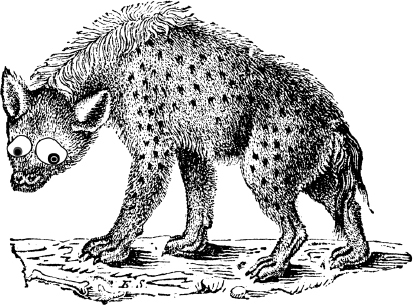
*
One should as a rule respect public opinion in so far as is necessary to avoid starvation and to keep out of prison, but anything that goes beyond this is voluntary submission to an unnecessary tyranny.
The Conquest of Happiness [1930]
*
*
In spite of Death, the mark and seal of the parental control, Man is yet free, during his brief years, to examine, to criticise, to know, and in imagination to create. To him alone, in the world with which he is acquainted, this freedom belongs; and in this lies his superiority to the resistless forces that control his outward life.
The Free Mans Worship [1903]
*
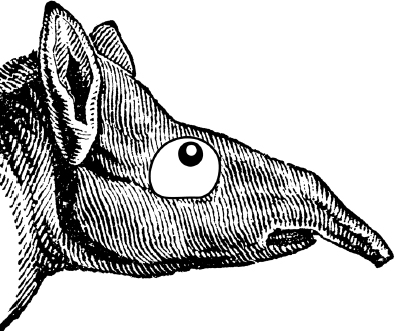
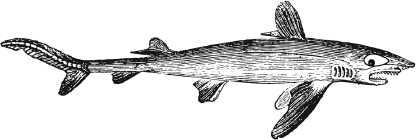
*
What hunger is in relation to food, zest is in relation to life.
The Conquest of Happiness [1930]
*
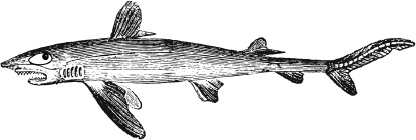
ACKNOWLEDGMENTS
Acquiring permission to produce this special edition of In Praise of Idleness was a rather lengthy undertaking and I wish to publicly express my gratitude to the following people who went out of their way to aid my quest: Renu Barrett, Archivist at the Bertrand Russell Archives within the William Ready Division of Archives and Research Collections, McMaster University, Canada; Tony Simpson, of the Bertrand Russell Peace Foundation, England; and Adele Parker, of the Taylor & Francis Group, England.
When I first proposed this unusual collaboration a number of major publishers reached for their revolvers; not so with Nero and Black Inc. In my creative endeavours I received tremendous guidance and support from Jeanne Ryckmans and her talented team I should like to make special mention of Samantha Forge, Sin Scott-Clash, Peter Long, Imogen Kandel, Caitlin Yates, Kelly Fagan and Marilyn de Castro.
That this book exists, and my modest publishing career remains extant, is entirely due to the grace and wisdom of my Literary Agent and Lord Protector Al Zuckerman, of Writers House, New York, USA without whom I would long ago have been exposed for the scabrous insect that I am.
Above all, heartfelt thanks are due to my brilliant and beautiful wife, Amy, who loves me in spite of my heroic flaws and also excused me from a great many wedding preparations so that I might finish my research.
To these extraordinary individuals, and almost every journalist, author and scholar who has written about Lord Russell during the past sesquicentury, I am in your debt.
B. T. G.
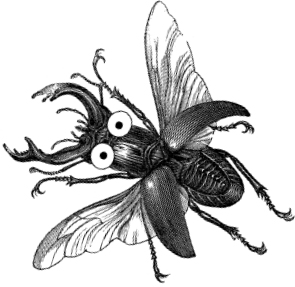

afterword
IN PRAISE OF DOUBT
T HE BRITISH COUNTY OF MONmouthshire must be considered the optimal birthplace for a freethinking analytic philosopher simply because no one can seem to agree where it actually is. Since Monmouthshire was brought into existence by Henry VIII this picturesque county was very definitely located in Wales, or in England, or in some unspecified third place that theoretically existed between or within both nations. The one thing we know for certain about Monmouthshire is that Bertrand Arthur William Russell drew his first breath there on Saturday the 18th of May, 1872.
Next page
